Signs that your home is unhealthy
Leaving furniture to collect dust; letting your dog sleep on your bed; condensation on your bathroom windows… These seemingly harmless habits can make you and your family sick.
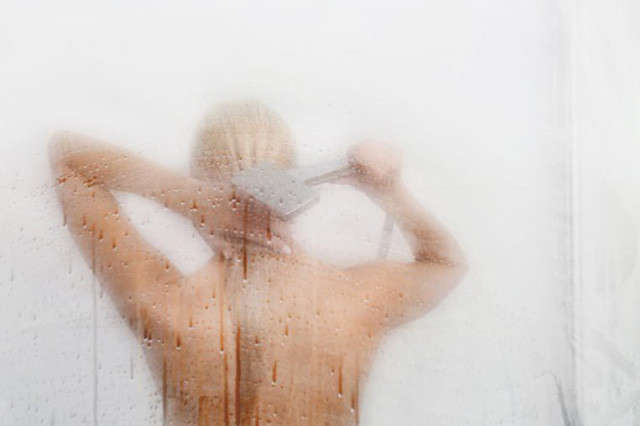 |
Your house is too humid
While indoor humidity is normal—bathing, cooking, and even breathing will contribute to indoor humidity—excessive humidity is not.
Mold loves damp environments, and if there is too much moisture in your home, mold will grow, especially in corners and ceilings. Mold can cause nasal congestion, throat irritation, coughing or wheezing, itchy eyes, or, in some cases, skin irritation.
Not cleaning the vents and ducts
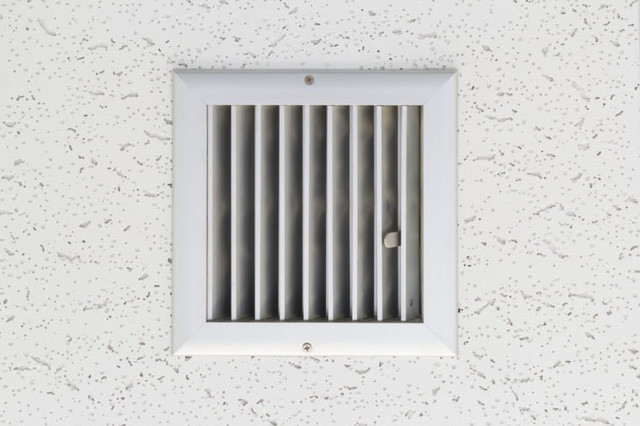 |
Air vents may not be as visible as dirty dishes, but that doesn't mean they don't need to be cleaned. Air vents collect a ton of dust from the air, and when you turn on the heat or air conditioning, all that dust is sent flying back into your home.
You can remove the vent cover and clean out the dust in the places you can reach, but you will want to hire a professional to clean the entire vent. They will use an air compressor and agitator to clean out the dust in the hard-to-reach places.
Poorly ventilated bathroom
Do you leave the windows open or use a fan in the shower? You should! Not only does excessive humidity cause paint and wallpaper to peel, it also encourages mold to thrive and thrive in your home, damaging your home and potentially causing health problems.
Using inappropriate household cleaning products
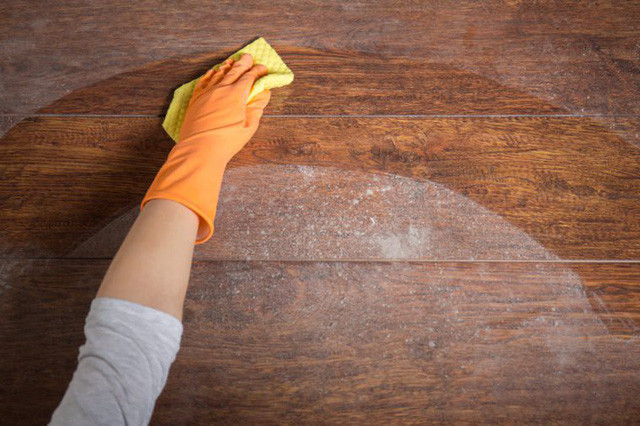 |
When you spray cleaning products around your home, they get on all sorts of surfaces. You also breathe them in. Common household chemicals—bath products, dish soap, bleach—can be harmful to your respiratory tract and lungs.
A survey of more than 2,000 cleaning supplies on the US market found that many of them are linked to serious health problems such as asthma, allergies and even cancer.
Not cleaning dust properly
Dust accumulates every day, and the longer you let it go unnoticed, the more time you’re exposed to harmful particles. Use a damp cloth to dust, not a blower or dry cloth, as this will only spread the dust around and cause allergies, according to the American Academy of Allergy, Asthma and Immunology.
Not paying attention to the gutter system
Leaky gutters are another cause of moisture buildup, allowing water to seep into walls, basements, or water storage areas. If your gutter system isn't airtight, you'll need to clean it regularly.
Dusty bedroom
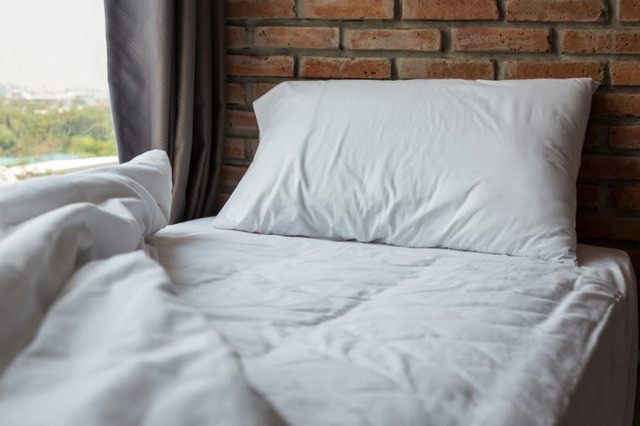 |
Even though you vacuum and dust, it’s important to actually move drawers, tables, and other furniture to give it a thorough clean. Pull your bed away from the wall, and you might be shocked at how much debris has accumulated right under your head. And make sure you clean your bed regularly—every one to two weeks—and make sure you have a good mattress cover. Change the cover every few months and vacuum the mattress when you do.
Wear shoes indoors
You won’t be rolling around in a public bathroom, but almost everyone will be walking around the bathroom and then around their house in the same shoes. Since you’ll be rolling around on the carpet with your kids or dog and putting your feet up on the coffee table, you’ll probably want to leave your shoes at the door.
Researchers from the University of Arizona have found that each shoe can carry more than 400,000 bacteria, including E. coli, which causes stomach upset.
You are surrounded by plants that pollute the air.
You may be unwittingly inviting allergens into your home, causing stuffy noses, watery eyes, sneezing, and difficulty breathing. If you suffer from allergies, the Old Farmer's Almanac recommends the following plants:
• Large shade trees such as oaks, maples, and beech
• Most lawns
• Weeds
• Yellow Chrysanthemum
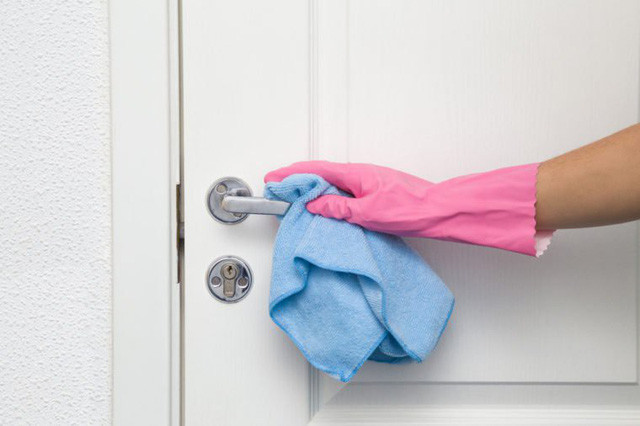 |
There is too much stuff
You love throw pillows, coffee table books, and knickknacks: All of these collect dust, dead skin, and pollen, and they can contribute to poor air quality in your home. Unless you plan on constantly moving and cleaning all of these things, you should consider downsizing your furniture and collections.
Let your pet sleep on the bed
They're warm, cuddly, and even help you sleep, but if you're walking your dog around the neighborhood, you can bet they're bringing a lot of dust, germs, and even insects (mites) into your bed. Not only that, pet dander traps allergens, meaning your sleeping space becomes a hotbed of allergens.

